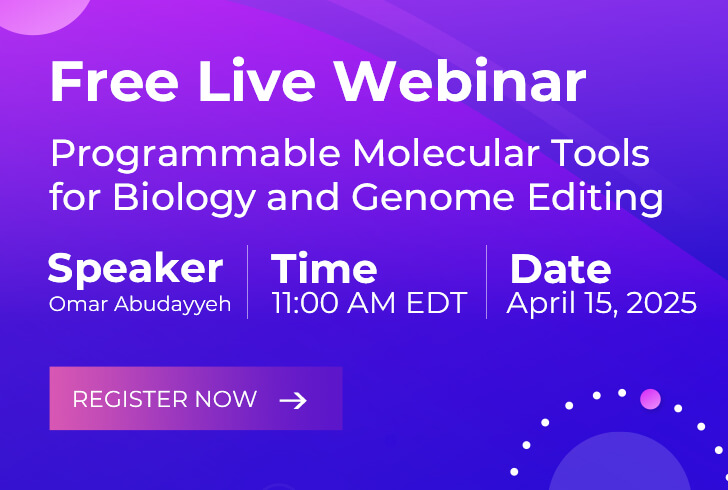Canavan's Disease
Inquiry NowRecombinant adeno-associated virus (rAAV) is one of the most promising therapeutic delivery systems for gene therapy of the central nervous system (CNS). Creative Biolabs has rich experience and advanced platform in AAV vector design, which enable us to provide a wide range of AAV vector design services to meet our customers.
Introduction of Canavan's Disease
Canavan's disease (CD) is a rare lethal pediatric leukodystrophy characterized by extensive demyelination, edema, and progressive spongy degeneration of the CNS. This disease is caused by autosomal recessive genetic mutations in aspartoacylase (ASPA), a metabolic enzyme that deacetylates N-acetyl aspartic acid (NAA) to produce aspartic acid and acetate, and it was the first disorder approved for AAV gene therapy in the CNS. ASPA deficiency results in the accumulation of the substrate NAA in oligodendrocytes and subsequent hypomyelination/dysmyelination. Currently, traditional treatments for CD include the application of lithium, glyceryl triacetate, triheptanoin and oral N-acetyl-aspartate administration. Recently, it is evident that efficient gene therapy for CD would be an ideal treatment if begun at an early age.
AAV-based Gene Therapy for CD
Gene therapy is a promising clinical intervention for inborn errors like CD. Novel rAAV vectors represent a promising gene delivery platform because of their broad tropism, low immunogenicity, highly efficient and sustained gene transduction, and clinically proven track record in safety. It delivers the therapeutic gene to the CNS directly and provides long-term and functional correction of missing or mutated genes. Delivery of ASPA by rAAV is an effective system to achieve significant ASPA enzyme delivery in the CNS. The increase of ASPA activity indicates that the rAAV-mediated expression of the enzyme hydrolyzes NAA to aspartate and acetate, reducing NAA levels. Additionally, early intervention is also very important for the treatment of CD, because improvements in younger patients seem to be more obvious than those older patients. Currently, phase I clinical trials of delivering ASPA by rAAV2 to CD patients have been completed and the results showed that the treatment was well tolerated and no serious side effects occurred. Therapeutic benefits include reduced brain NAA accumulation, delayed progressive brain atrophy and less frequent seizures. Neurological examination revealed a significant improvement in motor function in the younger patients treated for CD, indicating the probable advantage of early-onset therapeutic intervention.
Services
rAAV-mediated gene therapy is the most promising therapeutic modality for CD and the absence of any major adverse event further supports the use of rAAV as clinical vectors for CD gene therapy. Eleven AAV serotypes have been identified to date. These serotypes differ in their tropism making AAV a very useful tool for preferentially transducing specific cell types, such as AAV1, AAV2, AAV4, AAV5, AAV8, AAV9 targeting CNS and AAV7, AAV8, AAV9 targeting liver. Differential transduction and tissue distribution of AAV can be achieved through the use of different AAV serotype capsids. In addition, the rational design of AAV expression vectors, vector titers and purity are also critical for gene therapy of CD. In terms of gene therapy for CD, Creative Biolabs provides tissue/cell-specific targeting AAV service, AAV vector design for gene expression, titration service of AAV vector, AAV vector purification service to improve the efficacy of gene therapy for CD and meet customer's project needs.
Our Benefits
- Expert consultation at all stages of the project
- Strong tissue targeting with unique serotype and promoter portfolios
- AAV delivery in less than 2 months
- Highest quality standards and many options to fit your research needs
Whether you seek help customizing a vector for academic use or support for your industrial R&D, the technical experts at Creative Biolabs will help you from square one to discuss and plan your project in detail. For more details, please feel free to contact us.

